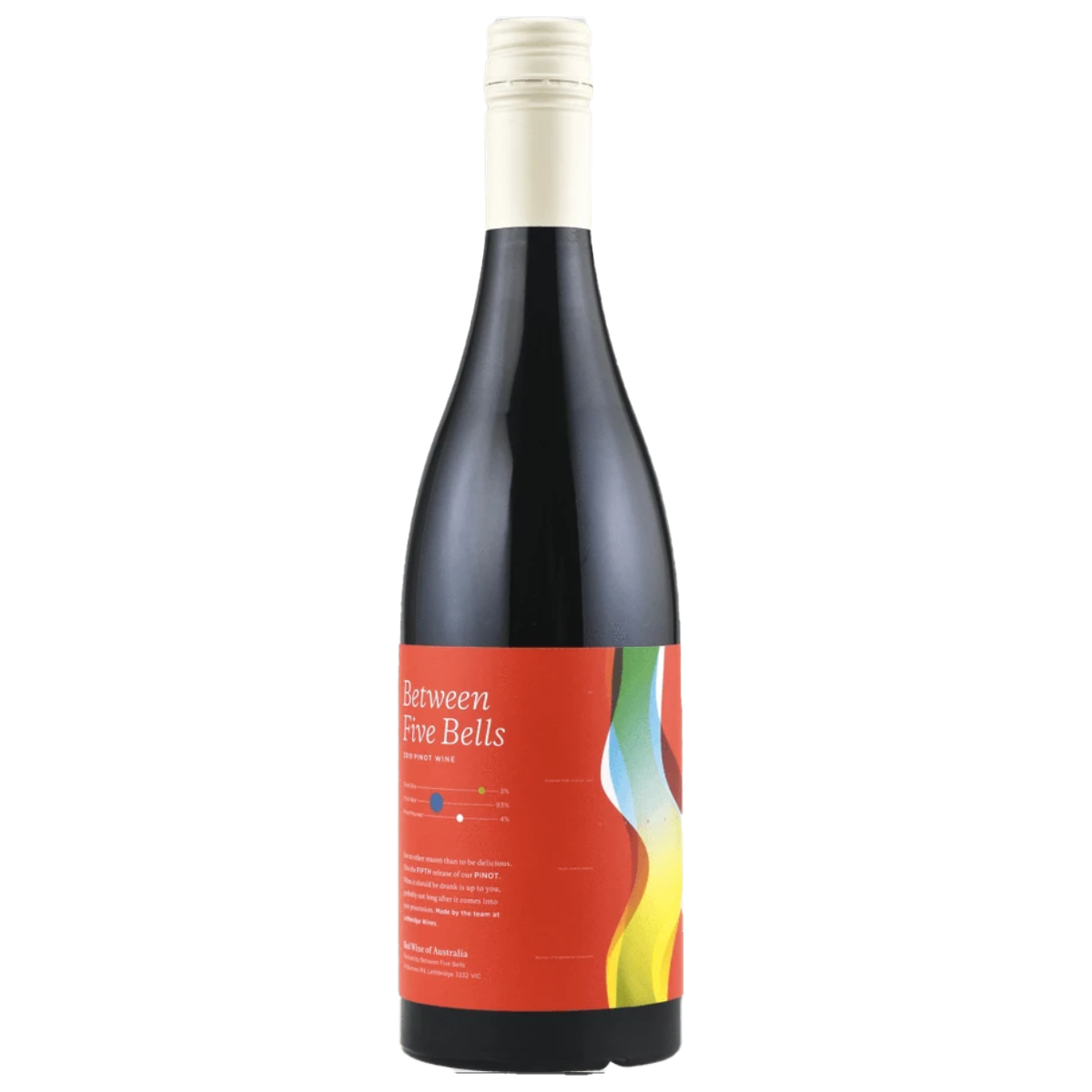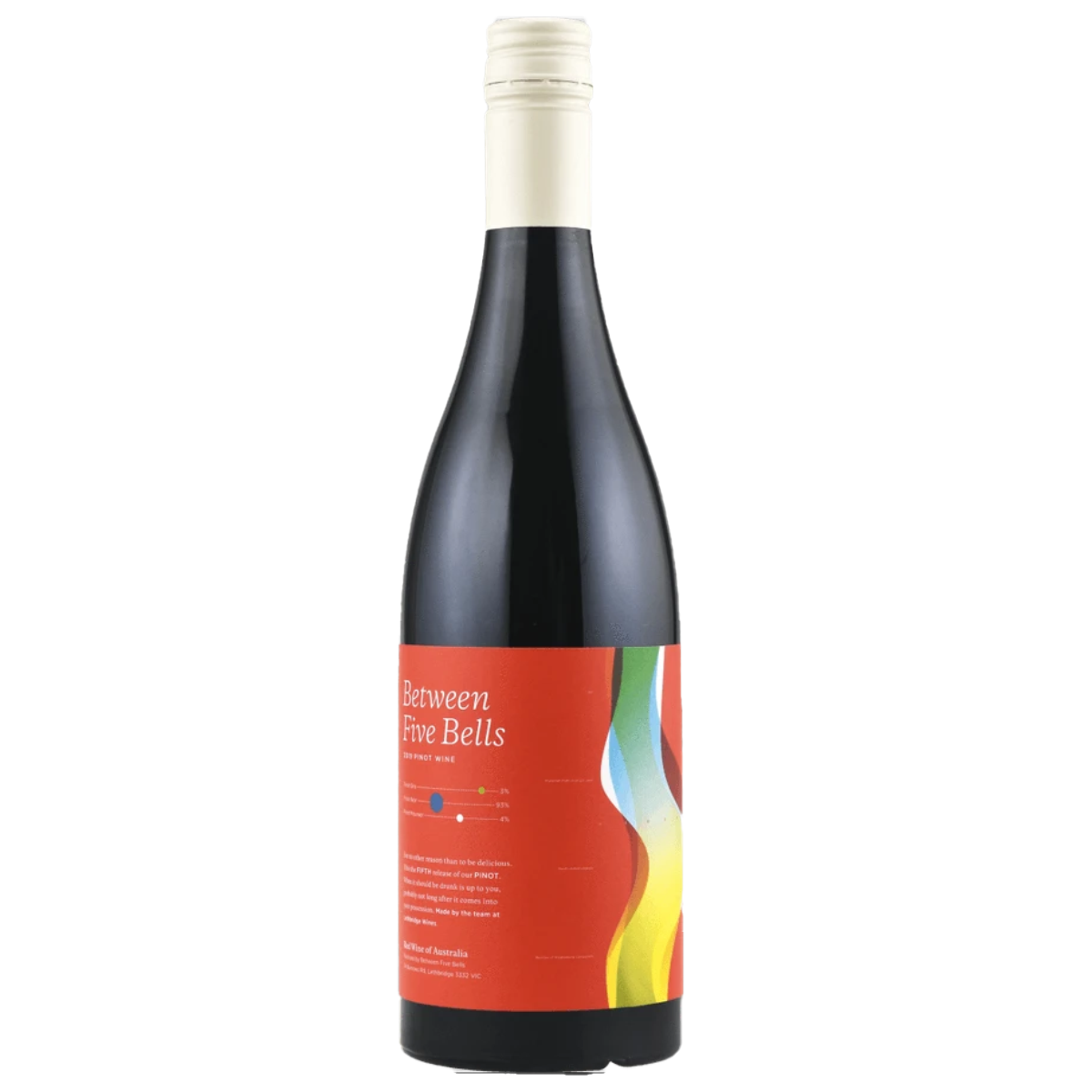Lethbridge Wines
Between Five Bells Pinot Wine
Between Five Bells Pinot Wine
Couldn't load pickup availability
Whole bunches of Mariafeld clone Pinot Noir are carefully placed in a 5000lt cuve. A small amount of fermenting Pinot Meunier & Pinot Gris juice is introduced into the bottom of the tank. This allows the intact berries to be enveloped by CO2, allowing a true carbonic maceration. The sheer weight of the fruit above crushes the berries at the bottom allowing more sweet juice to join the ferment. This technique encourages the development of a beautiful silky mouth feel while maintaining vibrant fruity aromas.
92 points, Mike Bennie, The Wine Front
"Mostly pinot noir but joining in are other pinots meunier and gris. From the creative set that is Between Five Bells. Spends time in a single 5000 litre oak barrel.
This is really good. What could be just a ‘great drinking red’, elevates on a web of tight and tense tannins, rises again on amaro-licked acidity, feels part cherry juice, part pomegranate juice and part blood orange juice, but all compact and sinewy and long. It’s really good drinking, sure, but also delivers a good dose of sophistication for those hoping to spend a little time with it.
The Estate Vineyard in Lethbridge, originally planted in 1874 by Swiss immigrants was replanted by the owners of Lethbridge Wines in 1996. This vineyard is managed following the biodynamic principles of Rudolf Steiner and is currently seeking organic accreditation from the Biological Farmers of Australia (BFA).
Re-established: 1996
Location: 30 km Northwest of Geelong
Rainfall: 520 mm
Heat Summation: 1240 degree days
Altitude: 250 m above sea level
Aspect: North East
Climate: Continental
Soil
The vineyard is divided into two distinct soil types. One type is a shallow black self mulching clay on 60-100cm of honeycomb basalt which is over solid bluestone. The depth of the clay is no greater than 50 cm, so the vines must send their roots deep into the rock to extract water and nutrients. The other soil type is a sandy clay loam which contains significant amounts of ironstone. The vineyard is divided into blocks based on soil types and we have found that the fruit from these distinct blocks have notably different characters.
Share


